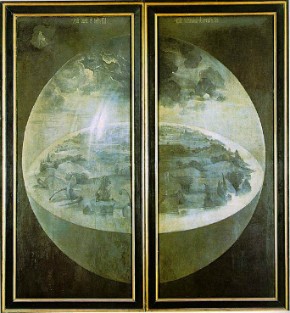Faulty assumptions

Carlyle Marney taught me that All Saints Day is a time to remember, give thanks and wave to one’s “balcony people,” those individuals now gone who’ve had a lasting impact on one’s life. This year I’m particularly grateful for Joseph Sittler. I recently spoke at a symposium on Sittler’s theology which was sponsored by the Joseph Sittler Archives committee. The archives are housed at the Lutheran School of Theology at Chicago, where Sittler taught for 14 years after his retirement from the faculty of the University of Chicago Divinity School.
I met Sittler at the divinity school when I arrived as a young man with two assumptions about what it means to be a Christian and what it might mean to be a Christian minister. The first was that Christians ought to believe that there is something seriously wrong with the world. Creation from Eden onward is fallen, corrupt and sinful. The temptations of the flesh lurk everywhere. God’s kingdom is “not of this world,” so a Christian focusing on that kingdom must be suspicious of this world and keep a guard up against being seduced into loving this world too much.
My problem was that I loved the world. There was plenty of evidence that there is something wrong at the heart of things, enough suffering, tragedy and evil in human history to suggest that original sin isn’t an inaccurate description. Yet I couldn’t stop thinking that original, essential goodness is still there—and that whatever is wrong does not cancel out this goodness.




